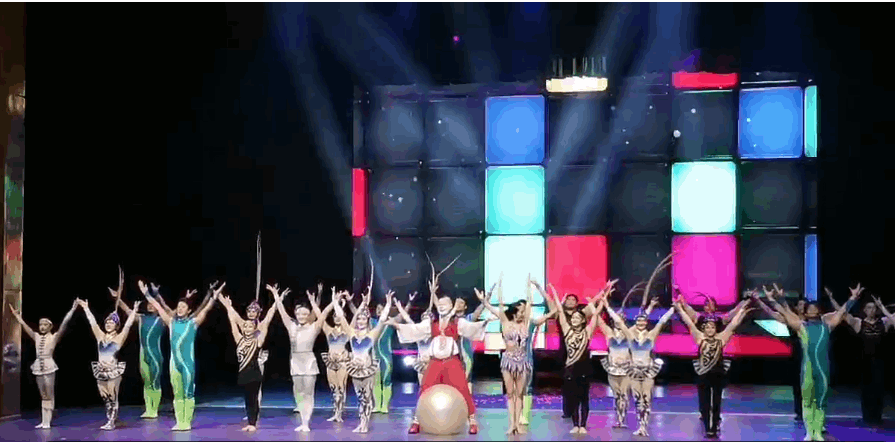
Monica Cheru—Managing Editor
A clown walks around the theater, inviting the audience to be immersed with his extravagant hand gestures.
Serious-faced performers walk up the aisles between the seats filled with eager audiences and stop in the middle. Darkness engulfs the stage in mystery. Shadowy figures move onto the stage and the ground area immediately in front of it. Lights ignite the action for a perfect choreography.
Below, a sea of faces—foreigners out to experience the city’s magic, cosmopolitan Beijing natives, and the ubiquitous tour groups from other provinces in identical orange caps—all hold their breath.
This is Chaoyang Theatre, where gravity is defied, spines bend like willow branches, and the China National Acrobatic Troupe reigns supreme.
The theater pulses with contradictions. Outside, the district thrums with modern Beijing: sleek skyscrapers housing tech giants, avant-garde art galleries, and the lingering scent of roast duck from Quanjude. Inside, it’s a place where the ancient and the modern find a way of coexisting.
The acts roll by. The award-winning Pagoda of Bowls, where acrobats perform contortions that Houdini would have applauded, all while balancing bowls on their heads or the bottoms of their feet.
A martial act follows. Stormy seas are the digital backdrop as drums roll. The all-male act is one show of strength and grace.
Then the clown returns for another walk-through, enlisting three men to join him on the stage. Rib-cracking laughs are the results as the poor stars attempt to follow the ridiculous commands that are impossible for their untrained bodies. Two earn a whack on the back from the clown’s giant toy hand, while the last man standing, who happens to be an African, gets a prize.
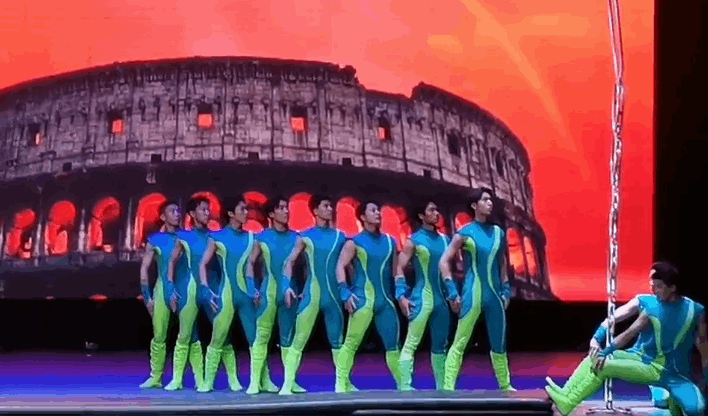
A percussive storm erupts. Twelve acrobats, clad in bright body suits, flit on the stage, graceful like fish swimming against a digital backdrop of storm-tossed seas. I pay close attention because I want to spot Hui in action.
Before the matinee performance, I stepped backstage with Zhang Hui, 20, a rising star whose journey mirrors the troupe’s own blend of discipline, artistry, and global ambition.
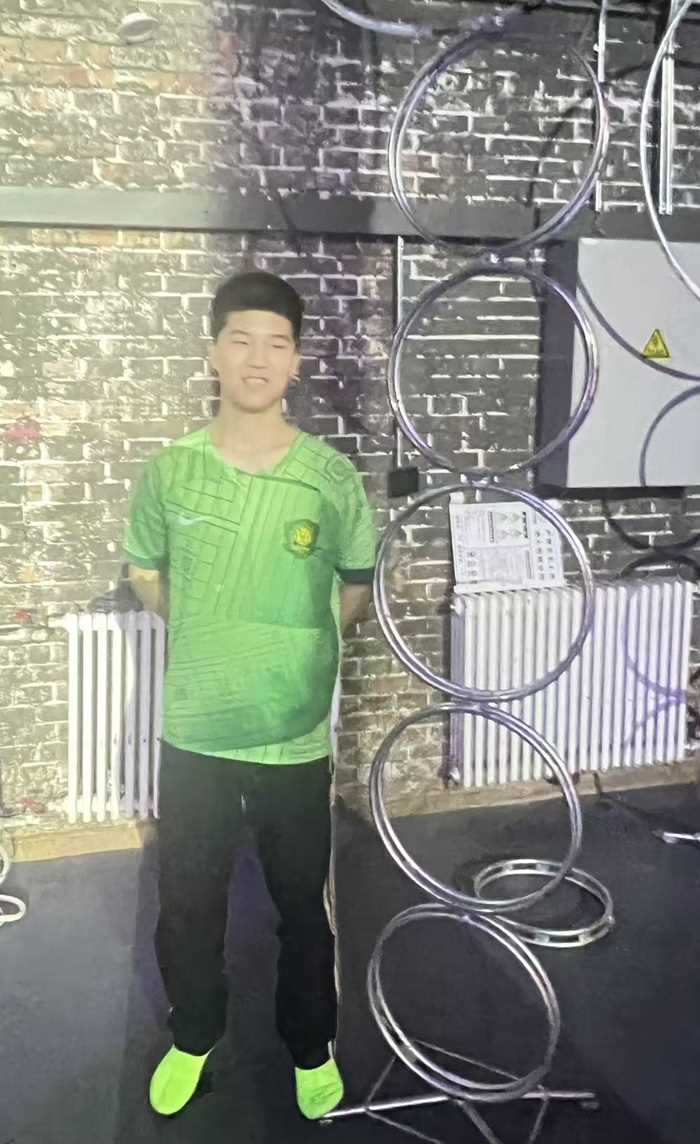
"I was too naughty as a child," he laughs. "My parents sent me to the acrobatics school at ten for discipline. The first two years were pure agony. The exercises were very painful."
But somewhere between the grueling drills and the silent focus of morning rehearsals, love blossomed, and Hui was hooked.
"When the spotlight hits, and the audience applauds? That’s pure happiness. It makes every drop of sweat worth it."
As I watch Hui perform with his peers, managing the millisecond timing with the grace of a dolphin, it’s clear that he is well on his way to the apex. Managing to make it into the CNAT is the first crucial step.
Related Stories
To make it to the top, Hui must give more. The magic demands sacrifice. Zhang’s week is a relentless rhythm of 6-8 hours of daily training from Monday to Friday.
"You can’t miss a day of training. Your body gets stiff.
Weekends offer respite—sleep and hanging out with friends, says Hui with a smile that reminds me that the dedicated acrobat is also just a young man who wants to have fun.
“We go out to eat, visit places, and sometimes take trips to other parts of the country,” says Hui.
He is determined to be a star in the troupe that has established its pedigree by sweeping awards in China and abroad. These include the Golden Lion Awards (Wuqiao’s Highest Honor), won for breathtaking ensemble acts like "Flying Meteors" (precision juggling with 9-pin clubs) and "Summit" (20-person pagoda balancing).
They also got the Silver Lion (Innovation) awarded for "Cyber Silk Road," merging drone technology with traditional ribbon acrobatics.
They have set their global dominance spot with consistent top placements against powerhouses like Russia’s Great State Classical Moscow Circus and North Korea’s Pyongyang National Circus.
China National Acrobatic Troupe’s Award-Winning Pedigree
| Award | Festival/Competition | Notable Winning Acts | Competition Pedigree |
|---|---|---|---|
| Golden Lion Award | Wuqiao International (2023, 2024) | "Flying Meteors," "Summit" | Bested troupes from Russia, DPRK, Mongolia, and the USA |
| Ministry of Culture Commendation | Japan Tour (2007) | Full Tour Repertoire | 230,000 attendees across 61 cities |
| Innovation Medal | Monte Carlo Festival | "Neo-Jade Hairpin" | Shared podium with Cirque du Soleil |
Zhang says while he hasn’t had a chance to travel because he is not yet on the A Team, he has specific hopes of where he will perform.
“The seniors have been everywhere—Japan, Paris, Moscow. But I love nature, beautiful scenic views. And I think Africa is full of them. So, I hope to perform in Africa one day,” he says with his charming smile.
Fingers crossed that the next time the Embassy of China in Harare brings performers to Zimbabwe, the CNAT junior team will be on the program. And maybe they could share a few skills with locals. Why not? Recent Sino-Kenyan cultural exchanges have seen a blending of martial arts, music, and acrobatic flair.
The troupe bows to thunderous applause after the final act. What comes for Hui when he is too old to perform? He laughs gaily, dismissing the question as absurd.
“I have not yet thought about that. There is still a lot of time,” he says. Then he admits that he is likely to stay connected in one of the support staff positions.
For now, Hui lives to fully enjoy the moment when the spotlight makes him the sole focus of attention.


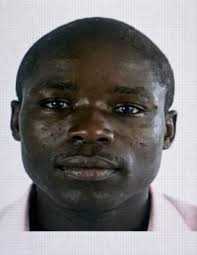








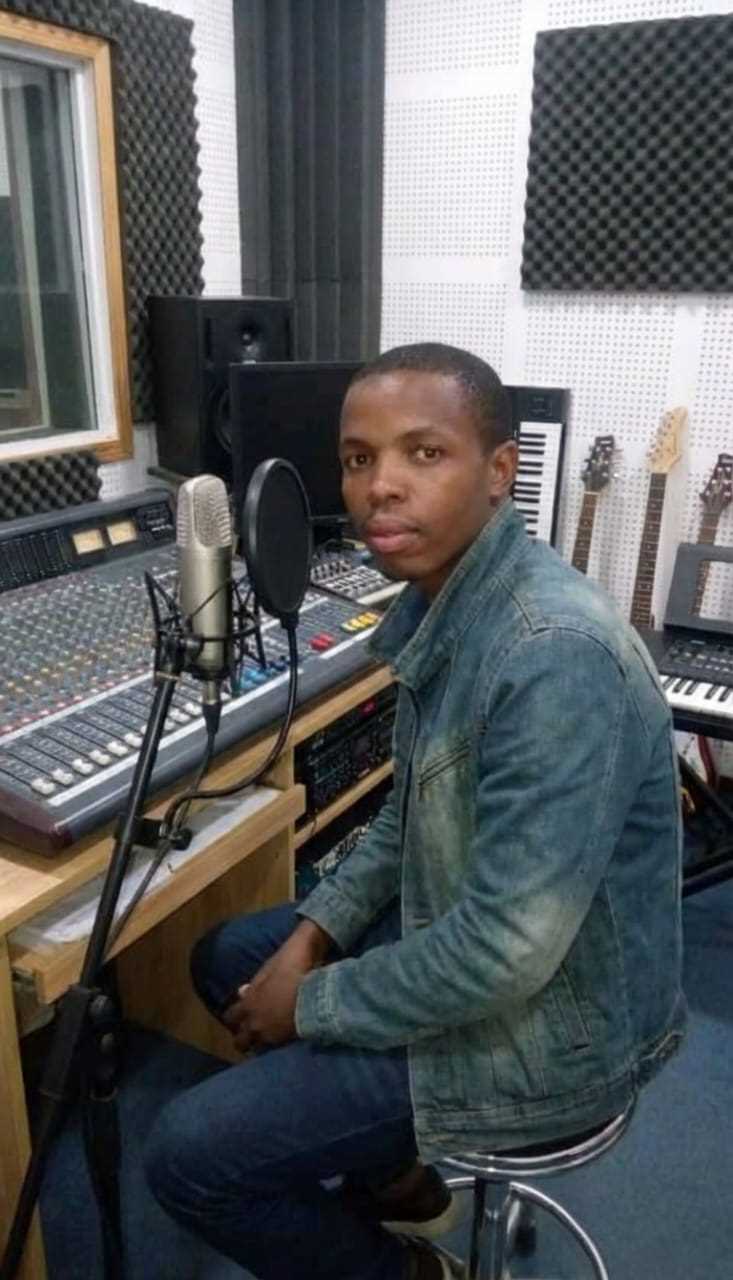







Leave Comments